That resigned sigh came from a young reporter – who has a stable job and an average income – but still does not dare to dream of a place to settle down in the capital.
That obsession is becoming a common reality for millions of young people in big cities like Hanoi or Ho Chi Minh City, where average apartment prices have escalated to unimaginable highs.
In 2024 alone, according to the Ministry of Construction , apartment prices in Hanoi increased by 40-50% compared to the previous year, with many projects increasing even higher. In Ho Chi Minh City, prices are no easier to breathe, with an average increase of 20-30%.
Only half a year later, now, apartments built a decade ago, with modest areas, have also jumped to 70-80 million VND/m². Luxury apartments can cost up to 150 million, and some places even quote prices of more than 200 million VND/m².
That price is not only out of reach for young people, but also puts even the middle class at a loss.
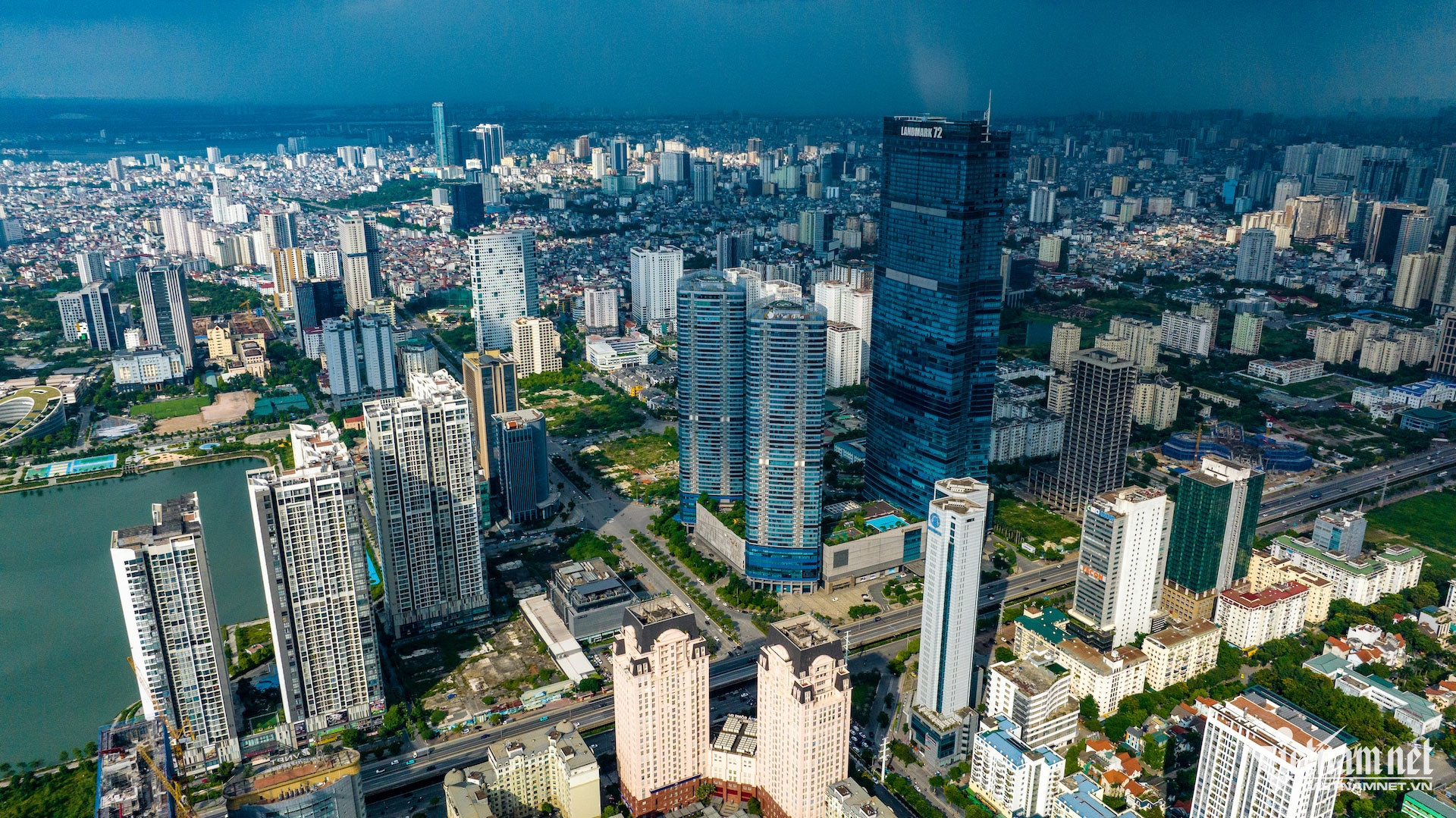
It is necessary to clarify the concept of “market land price” and separate it from “speculative price” or “bubble price”. Photo: Hoang Ha
This situation, according to an economist , has pushed the accumulation time needed to buy a house up to… 60 years – double the 30-year threshold that the IMF considers a sign of a real estate bubble.
In other words, with the current average income, a Vietnamese person will spend their entire life working without being able to own a house, not to mention living expenses, raising children, or any other financial shocks in life.
In early July, the Ministry of Natural Resources and Environment warned that there would be “major fluctuations” in land prices in the coming time, as many localities will issue new land price lists, according to the 2024 Land Law.
Where will the land price frenzy continue?
Why are real estate prices increasing so rapidly?
The 2024 Land Law requires local land price lists to be “close to market prices”. The land price list, a new tool that is expected to honestly reflect market values, unfortunately legalizes land fever due to speculation and manipulated auctions.
Why?
What is the price that is close to the market price? The so-called “market price” today is often established from virtual transactions, short-term speculative fevers, abnormally high auction prices, and inflated individual plots – and then used as a basis for imposing it on the whole area.
In addition, the skyrocketing land price list has led to an increase in all related taxes, fees, and charges. Businesses applying to change land use purposes, people applying to split or merge plots, or even just building houses - are all taxed on land costs.
There are many cases where it is impossible to change the purpose of use on one's own land because one cannot afford the huge financial difference.
Everyone is caught up in the spiral of land prices: People cannot buy houses; Businesses no longer have the motivation to invest. As a result, the economy loses a large source of energy from both consumption and production.
Excessively high land prices have eliminated incentives, instead of becoming a resource for development.
At the conference to review 3 years of implementing Resolution 18 and 1 year of implementing the 2024 Land Law held on the morning of July 10, Prime Minister Pham Minh Chinh pointed out important bottlenecks: procedures for land recovery, allocation and lease are still slow; land valuation lacks transparency; auctions are exploited to manipulate prices; land finance policies have not been fully institutionalized.
In particular, according to the Prime Minister, the role of the State as the representative of land ownership for the entire people has not been clearly established, leading to the situation where "whoever holds the power holds the land", and "whoever sets the price determines the whole market".
At this conference, delegates also frankly admitted that awareness of the regime of public ownership of land "is still limited".
In fact, the whole-people ownership of land has not been clarified in terms of content. The State is the representative owner, but in reality, only a few agencies – or even just a group of civil servants – have the right to directly determine all issues related to land: from planning, land allocation, change of land use purpose, to valuation. When this power is not strictly controlled, land can easily become a tool to serve local interests.
Discrimination in land prices is also a major injustice. Foreign investors or “favored” enterprises can be allocated land at low prices, even with full incentives. Meanwhile, most domestic private enterprises have to buy land at exorbitant prices, and bear all kinds of “market-labeled” costs. This distorts the business environment, causing land – a special resource – to be used inefficiently and causing serious waste.
What to do when amending the Land Law?
First, it is necessary to clarify the concept of “market land price” and separate it from “speculative price” or “bubble price”. Land price lists cannot be taken from irregular auctions or manipulated transactions, but must be based on real transaction data, long-term average, independently monitored.
Second, the role of the State – as the representative of the people’s land ownership – needs to be specifically institutionalized. The State is not only the “price setter” but also the “protector of fairness”. Land allocation and pricing policies need to be public, transparent and have a clear social monitoring mechanism.
Third, it is necessary to reform land finance policies extensively. High land prices cannot be used as a tool to increase budget revenue. If the State wants to have resources from land, it must go hand in hand with comprehensive reforms in valuation, land use tax and investment incentives – according to the principles of fairness and efficiency.
Fourth, land use planning should be established according to a two-tier government model, with a long-term vision and closely linked to the socio-economic development strategy. Land databases should be completed and interconnected, creating a foundation for monitoring and making the right decisions.
Last but not least – is to return land to its rightful place: a special resource, not subject to speculative market valuation, not subject to distortion by decisions of asking and giving.
The recent 12th Central Conference, 13th tenure, clearly stated that the amendment of the Land Law must aim to “ensure transparency, fairness, efficiency, and harmony of interests between the State, people, and businesses.” That is not only a policy orientation – but also a promise of justice to millions of people who are sighing over their dream of settling down.
Without quick and decisive action, the dream of owning a home will remain a luxury for an entire generation; access to land for production and business will be out of reach for Vietnamese enterprises.
This is a problem related to the whole system of unfair and non-market resource allocation, not just the real estate market. The revised Land Law needs to address these requirements.
Vietnamnet.vn
Source: https://vietnamnet.vn/sua-doi-luat-dat-dai-truoc-bai-toan-gia-dat-tang-vot-2425800.html


![[Photo] National Assembly Chairman Tran Thanh Man receives Chairman of the House of Representatives of Uzbekistan Nuriddin Ismoilov](https://vphoto.vietnam.vn/thumb/1200x675/vietnam/resource/IMAGE/2025/10/27/1761542647910_bnd-2610-jpg.webp)


![[Photo] Party Committees of Central Party agencies summarize the implementation of Resolution No. 18-NQ/TW and the direction of the Party Congress](https://vphoto.vietnam.vn/thumb/1200x675/vietnam/resource/IMAGE/2025/10/27/1761545645968_ndo_br_1-jpg.webp)


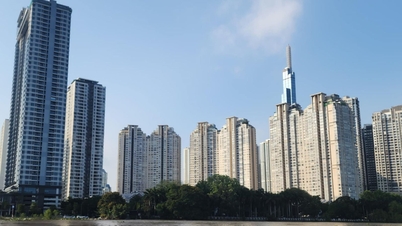



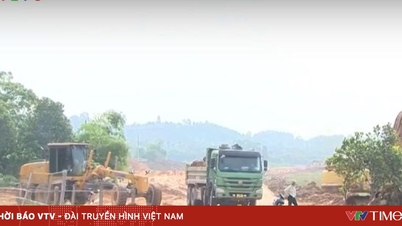
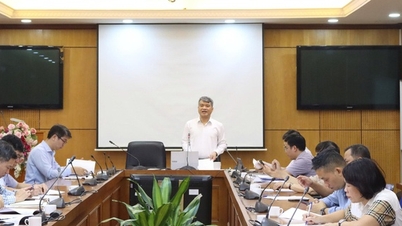






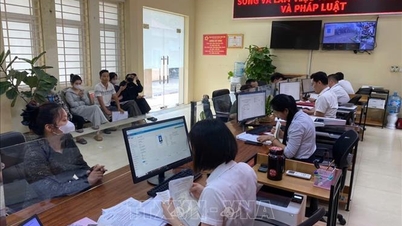
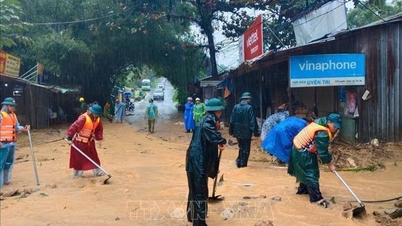










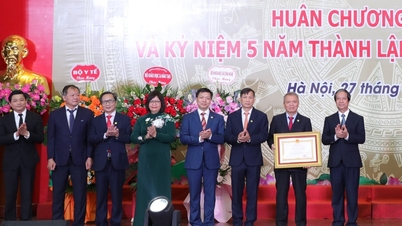
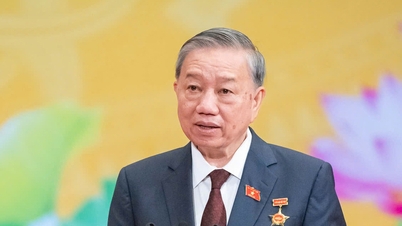


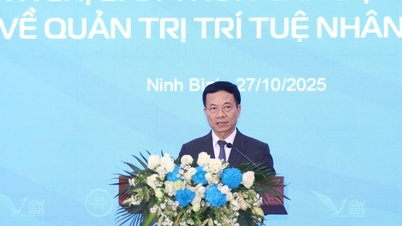







































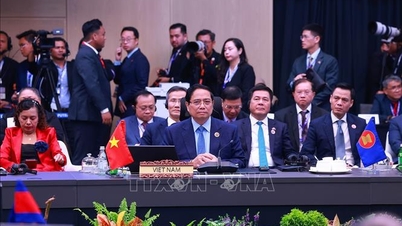









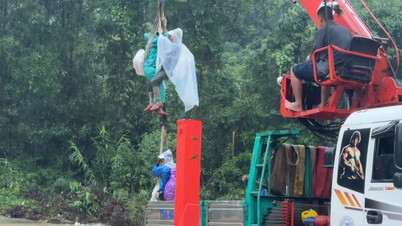
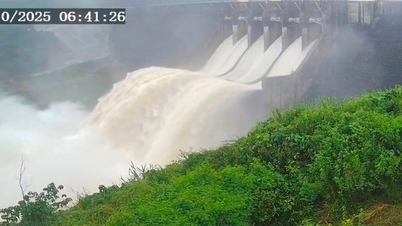



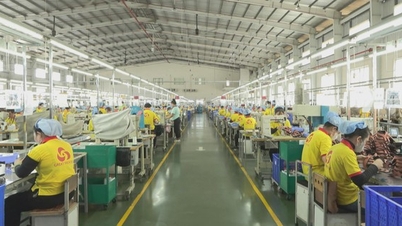















Comment (0)